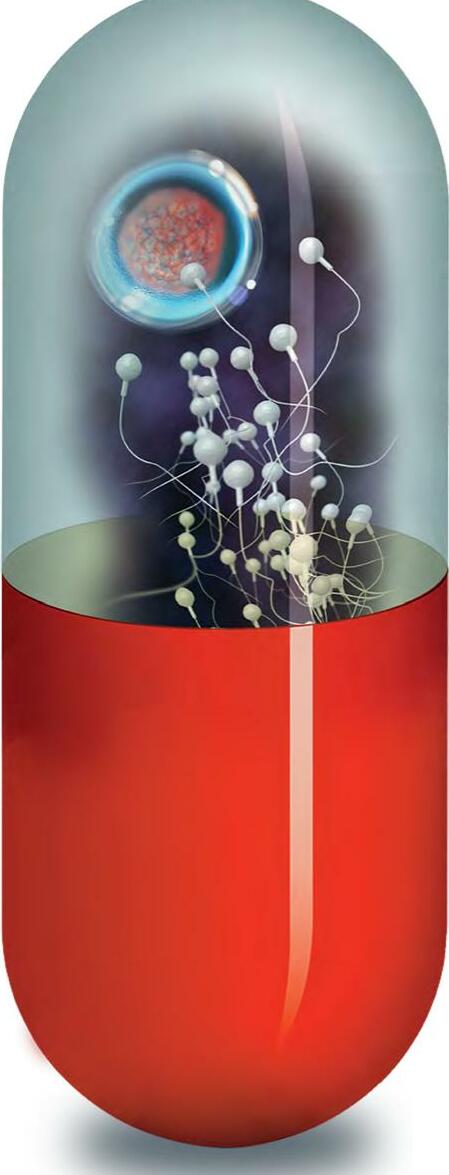
Alina and Max came to see me together, fairly distraught. They were both age 39 and had been trying to have a child for the last seven years. They had conceived twice during that time, but each time Alina had miscarried at 10 weeks. They didn’t know the cause of the miscarriages; the NHS will not investigate until it has happened three times.
Alina had, however, been through all the gynecological investigations: ultrasound scans showed a healthy womb lining, hormone tests were normal and laparoscopic surgery confirmed everything was fine anatomically. Her periods were regular. The general practitioner told her there was nothing wrong and suggested that she “just relax” and it would happen. Her reply is unprintable.
Max had not had a sperm test until two years previously—when they’d already been trying unsuccessfully for a full five years. That test had been “borderline,” meaning a few sperm were normal and could swim. This, he was told, was all right because “it only takes one sperm to fertilize an egg.” I wondered, however, about the quality of those sperm. Sperm counts are falling worldwide, in animals as well as in humans; Max was not alone.
I asked Max to do a repeat sperm test, as sperm counts can change rapidly. I then had them both complete a one-week diet diary and take blood tests for all the nutrients that are vital for healthy conception and full-term pregnancy: the B vitamins; vitamin D; vitamin E; the minerals zinc, iron, selenium, iodine and magnesium; and the essential fatty acids omega-3 and omega-6.
Denne historien er fra June/July 2023-utgaven av What Doctors Don't Tell You Australia/NZ.
Start din 7-dagers gratis prøveperiode på Magzter GOLD for å få tilgang til tusenvis av utvalgte premiumhistorier og 9000+ magasiner og aviser.
Allerede abonnent ? Logg på
Denne historien er fra June/July 2023-utgaven av What Doctors Don't Tell You Australia/NZ.
Start din 7-dagers gratis prøveperiode på Magzter GOLD for å få tilgang til tusenvis av utvalgte premiumhistorier og 9000+ magasiner og aviser.
Allerede abonnent? Logg på
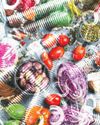
Metalhead
Could toxic heavy metals be making you ill? Here's how to spot the signs and symptoms, says Dr Leigh Erin Connealy, and your action plan for effective detox

Good bones
There's a lot of fearmongering when it comes to the risk of fractures in older women, says Marcelle Pick. Here's what you need to know and how to look after your bones naturally
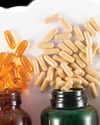
Supplements in the spotlight
Confused about supplements? Dr Jenny Goodman has the lowdown on why we need them, how to choose a top-quality product and the ingredients to avoid
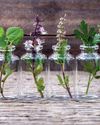
Essentially balanced
These essential oils can help you soothe stress, balance your hormones and feel like your best self again

An integrative approach to breast cancer
Blending the best of integrative medicine with the best of conventional medicine gives the greatest chance of healing breast cancer, says Dr Leigh Erin Connealy
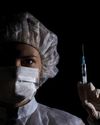
THE NEEDLE'S EDGE
An intriguing new theory says it's not what's in the jabs but how the needles are inserted that explains the rampant and varied Covid vaccine damage. Celeste McGovern investigates the Bolus Theory
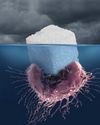
How sugar causes cancer
Amajor breakthrough in cancer research has discovered that sugar-usually from fast food-switches off our cancer-fighting genes

The illusion of the magician
Howrelative risk makes a drug seem effective when it’s not

Of pesticides and PMS
Detoxing from a hormone-disrupting herbicide, along with getting the right nutrition, was the answer to a patient’s debilitating PMS, says Dr Jenny Goodman

Not just a phase
Is your workout working against your hormones? Debra Atkinson explains why and how to exercise with your hormonal cycle for the best results